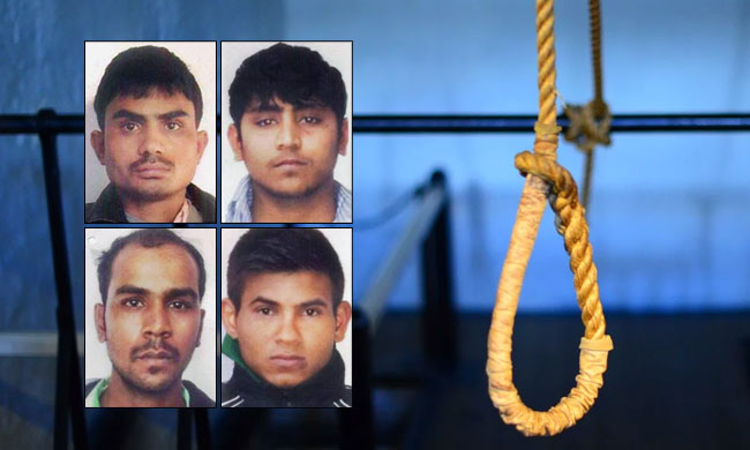Nirbhaya Case: Convict Mukesh Moves Delhi HC Seeking Stay On Death Warrant Until The Mercy Plea Is Decided
Karan Tripathi
14 Jan 2020 10:18 PM IST

Next Story
14 Jan 2020 10:18 PM IST
One of the four convicts of Nirbhaya rape case, Mukesh, has moved the Delhi High Court challenging the death order issued by the Sessions Judge Satish Arora on December 7. As per the death warrant, the four convicts are scheduled to be hanged on January 22, 7 am. Filed under Articles 226 and 227 of the Constitution, the petition challenges the issuance of death warrant...
